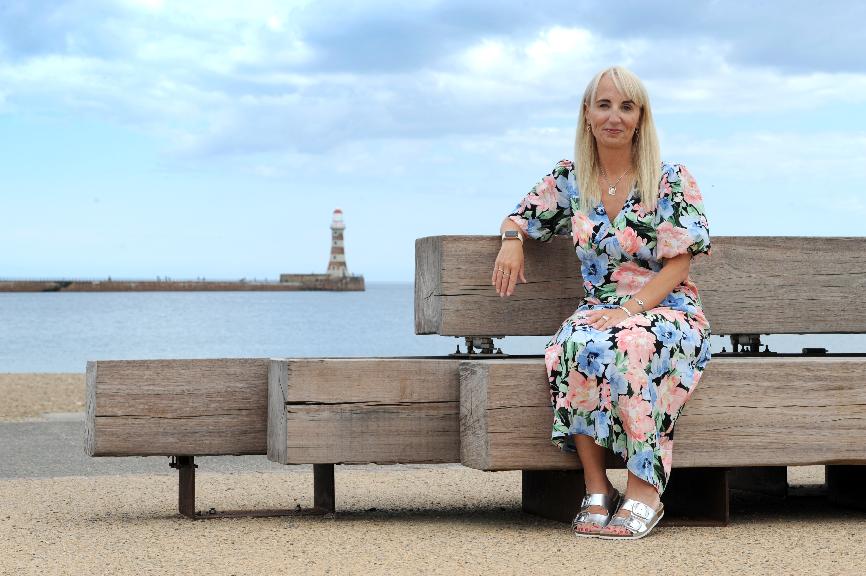Keeping the city safe
AN updated and refreshed plan to strengthen public safety, reduce crime, prevent domestic abuse and tackle anti-social behaviour is being prepared by the Safer Sunderland Partnership.

Sunderland City Council's cabinet meeting at City Hall on Thursday 24 July will examine the partnership's four year Community Safety Plan.
The partnership, which includes the council, Northumbria Police, the Tyne and Wear Fire Rescue Service, health services and the probation service, must draw-up and publish a plan guiding actions and priorities.
Four key priorities are outlined in the Sunderland Community Safety Plan to keep residents safe and enhance safety:
- Reducing serious violence
- Reducing domestic abuse
- Reducing anti-social behaviour, and
- Improving social cohesion.
Nearly a year on from the outbreak of civil disorder in and around the city centre, the refreshed plan places a focus on building stronger and more connected communities. As part of this commitment it outlines closer monitoring and responses to hate crimes, and enhanced support to counteract misinformation and promote understanding.
A more detailed strategy on social cohesion, along with additional actions, will be announced in coming months — reinforcing Sunderland's dedication to unity, inclusion, and resilience.
Preventing domestic abuse remains a priority in the plan and all work continues to be backed by robust enforcement against perpetrators.
Deputy Leader of Sunderland City Council and Cabinet Member for Health, Wellbeing and Community Safety, Councillor Kelly Chequer is chair of the partnership.
She said: "We and our partners are very aware there is a minority of residents who continue with criminal, violent and anti-social activity. This includes domestic abuse, ASB and those who undermine our city's cohesion with their racism, homophobia, transphobia and misogyny.
"Nobody should feel afraid or unsafe in their own homes and communities, or in any part of our city when they are out and about. It's incredibly important for our city's reputation as a great place to live, work, play, study and invest in, that everybody feels safe and secure. The partnership's plans outline how we continue to deliver this work and activity."
The plan reports a five per cent drop in violent crime (1,385 offences) and a nine per cent fall in knife enabled crime (22 offences).To build on this progress, a new scheme to identify young people at risk of involvement in violence will be developed. Partnership work has already identified non-attendance at school, or disrupted education, as key risk factors for violence among young people.
Following successful partnerships which have helped cut crime and ASB in the city centre, Southwick, Hetton and Easington Lane areas, new partnerships and hubs are being set-up in Hendon, Pennywell and for Concord in Washington. They are due to go 'live' in coming months.
ASB includes verbal abuse and harassment, or threatening behaviour; and other public nuisances such as rowdy behaviour, public drunkenness, noisy neighbours, and environmental crimes such as littering and fly-tipping, graffiti and vandalism. Nuisance off-road and electric bikes remain major public concerns too.
The council has started engagement and gathering more information on what residents in the new hub areas want to see actioned. See: www.sunderland.gov.uk/get-sunderland
Cllr Chequer added: "We, the council, have this year invested an extra £1m in tackling ASB, to help make our communities safer.
"This £1m investment, the hubs and this safety plan are further examples of how this council, alongside our partners, are committed to working together and reducing crime, violence, fear of crime and all ASB."
The draft plan can be viewed here:Sunderland Community Safety Plan 16pp - draft4-2.pdf




